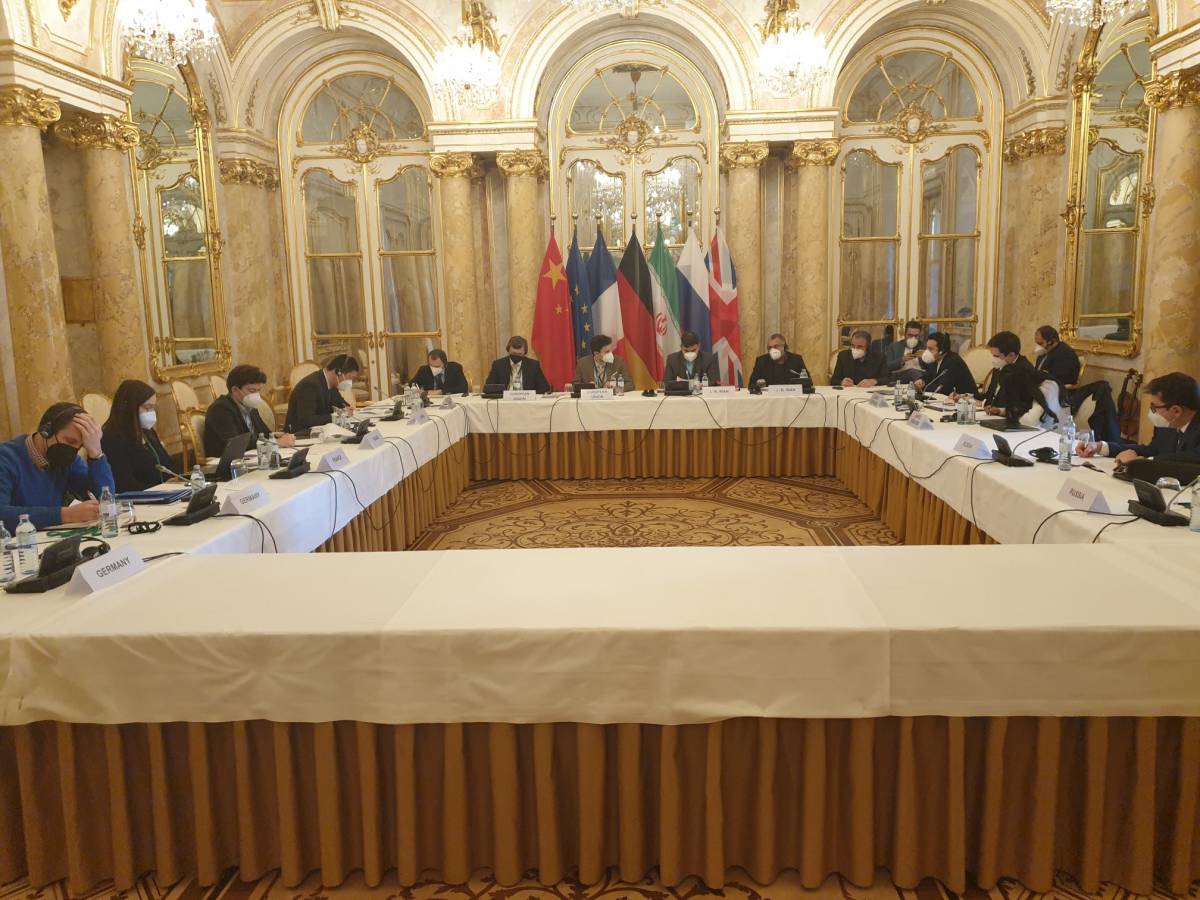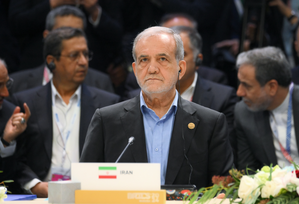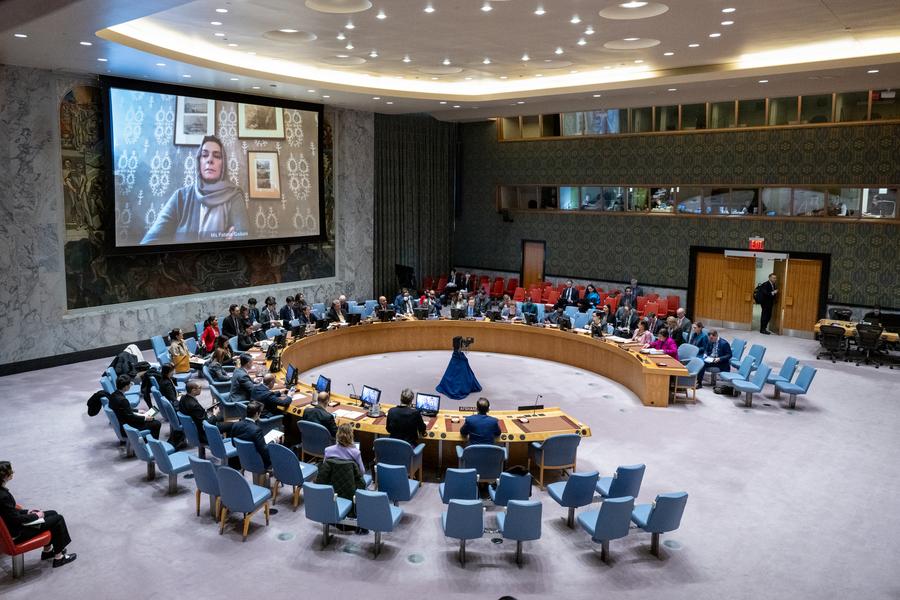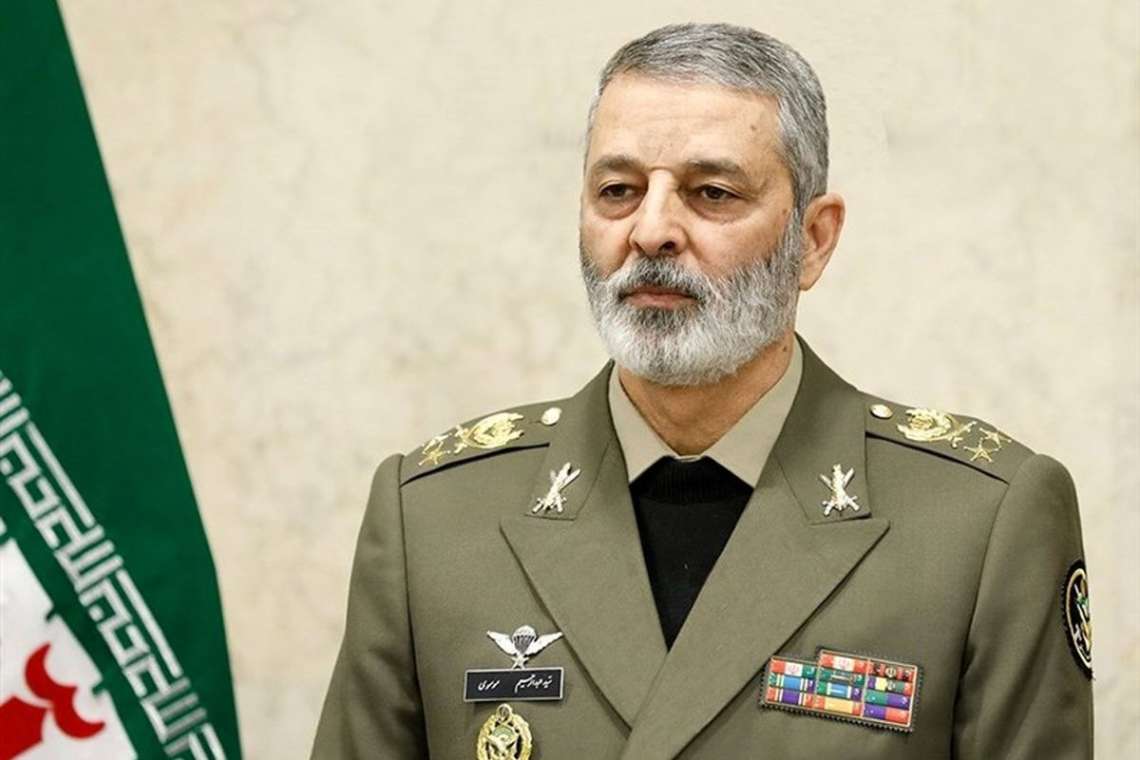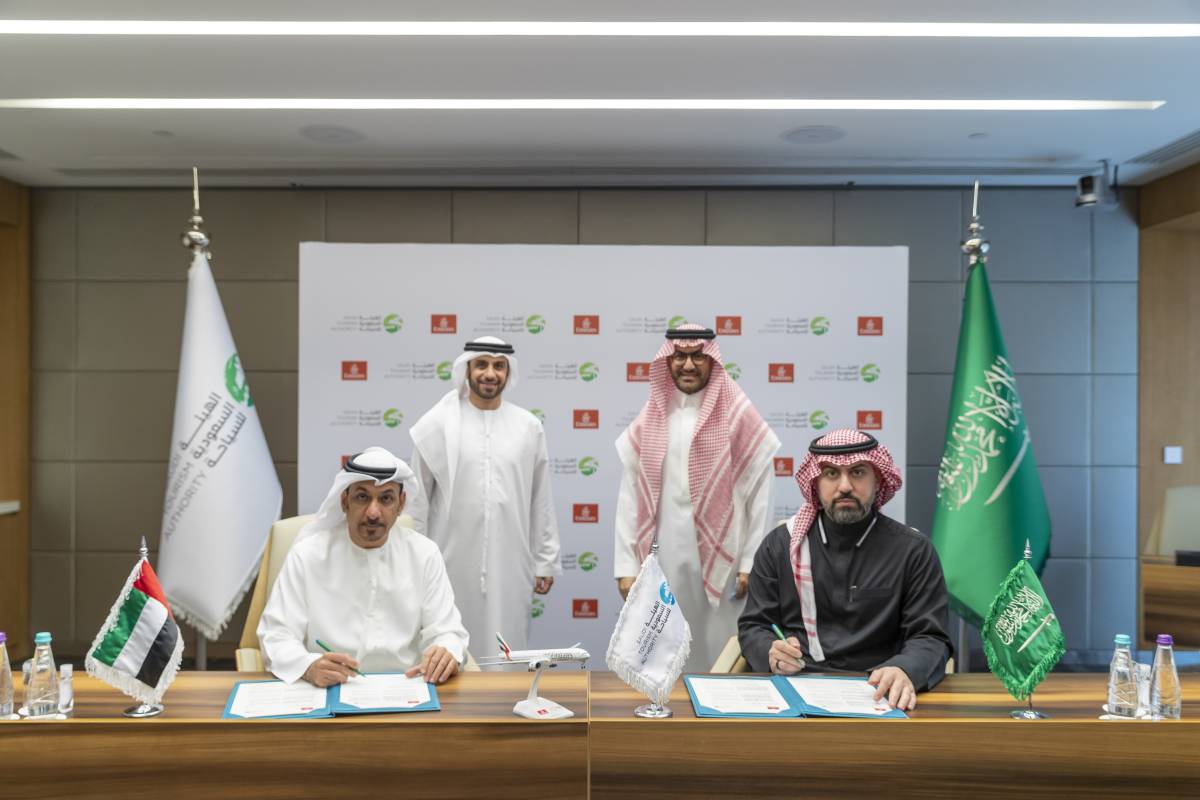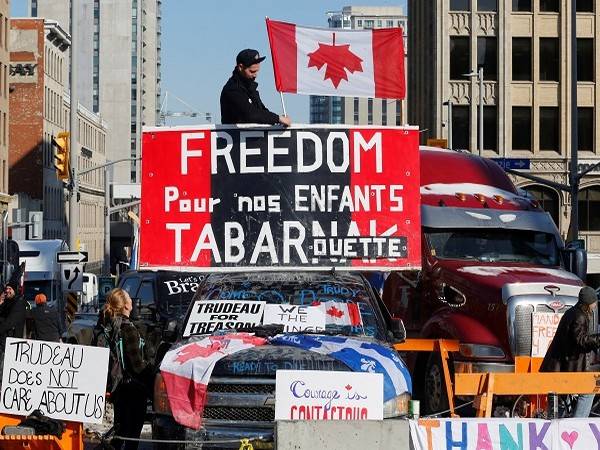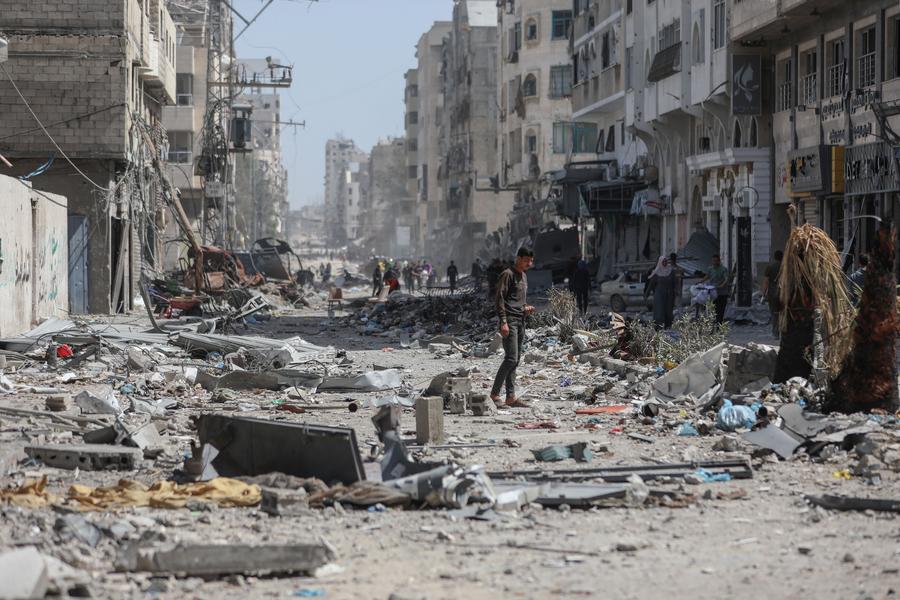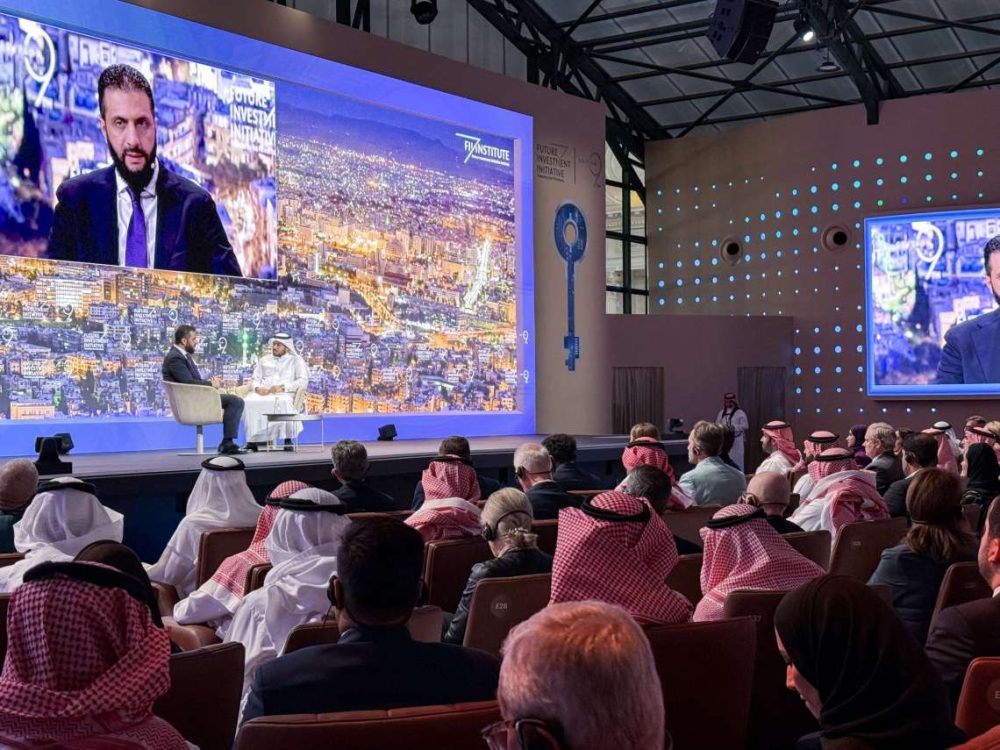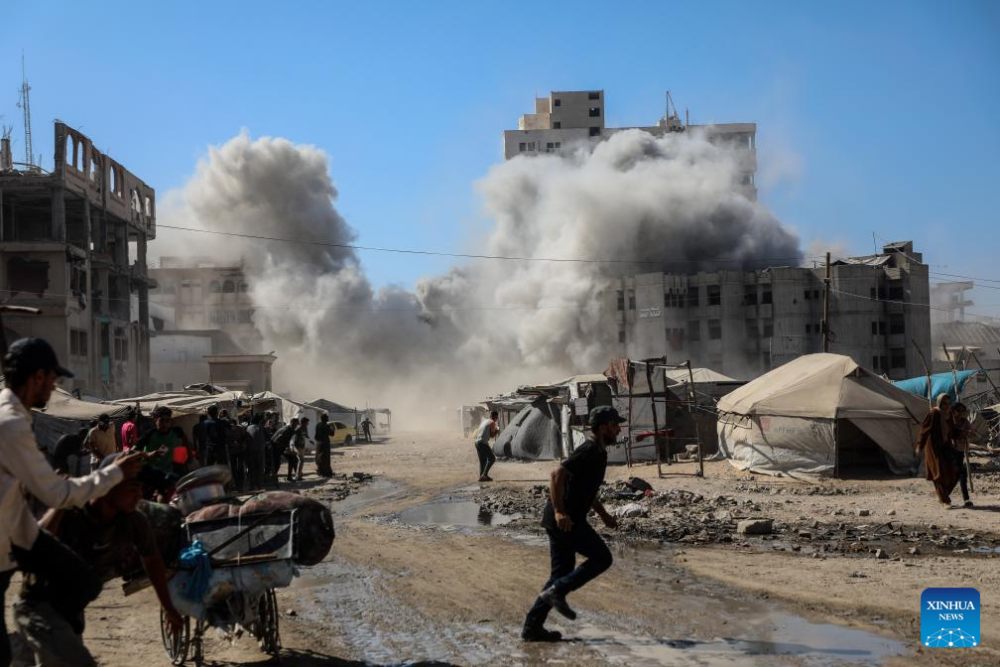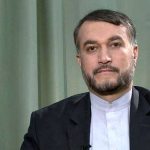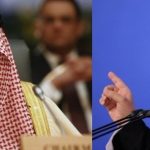Iran’s chief nuclear negotiator Ali Bagheri Kani said Wednesday that Iran and relevant countries are “closer than ever” to reaching an agreement to revive the 2015 nuclear deal at the ongoing Vienna talks…reports Asian Lite News
“After weeks of intensive talks, we are closer than ever to an agreement,” Bagheri Kani tweeted on Wednesday night. “Nothing is agreed until everything is agreed, though.”
The negotiation is underway in the Austrian capital with diplomats from China, Russia, the United Kingdom, France and Germany, the five other signatories to the 2015 Iran nuclear deal. The deal is formally known as the Joint Comprehensive Plan of Action (JCPOA).
The United States is participating indirectly in the talks because it withdrew from the JCPOA in 2018 when former President Donald Trump was in office.
ALSO READ: Success of Vienna nuclear talks depends on US
Since April 2021, the negotiating parties have held eight rounds of talks in Vienna to revive the accord. The parties have been reportedly working to resolve disagreement on thorny matters including sanction relief and economic guarantee.
“Our negotiating partners need to be realistic, avoid intransigence and heed lessons of past decisions,” Bagheri Kani said on Twitter, calling for “serious decisions” of the negotiating parties.
‘No talks with West beyond JCPOA’
A top Iranian security official has said that Tehran will hold no talks beyond the scopes of a 2015 nuclear deal with the “oath-breaker” US and “idle” Europe.
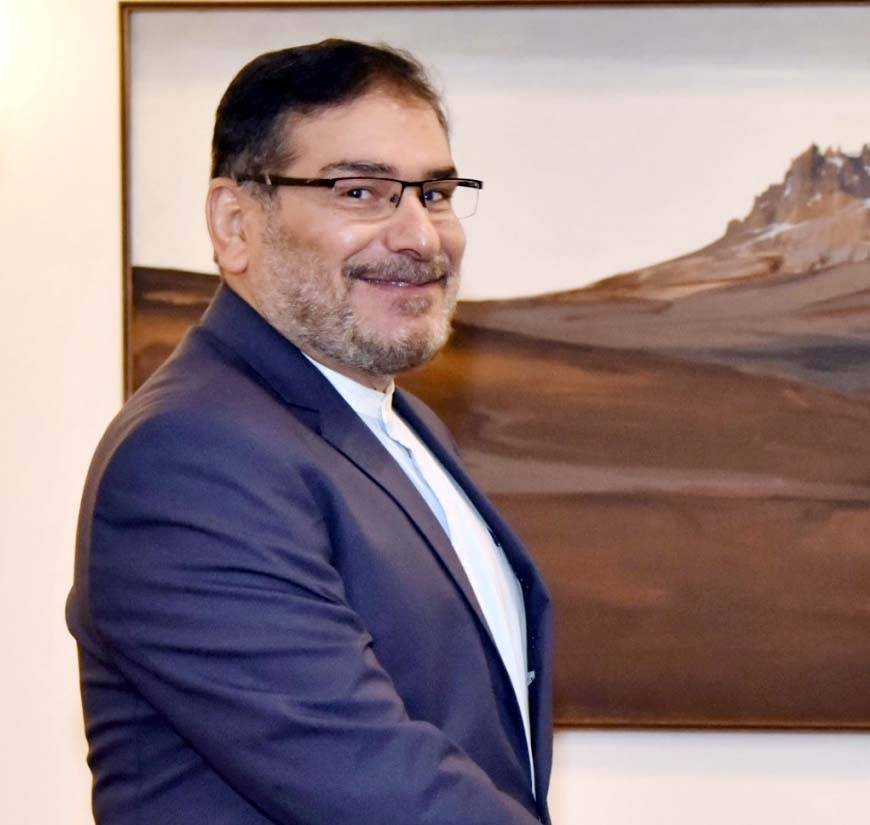
Secretary of Iran’s Supreme National Security Council Ali Shamkhani tweeted that the United States and Europe have “failed the test” of fulfilling their commitments under the nuclear pact, formally known as the Joint Comprehensive Plan of Action (JCPOA), Xinhua news agency reported.
He also noted that at present, the JCPOA has turned into an “empty shell” for Iran, failing to produce any economic dividend or lift the sanctions.
His tweet read “No negotiations beyond the JCPOA will be held with the oath-breaker United States and idle Europe.”
Iran signed the JCPOA with world powers in July 2015. However, former US President Donald Trump pulled Washington out of the agreement in May 2018 and reimposed unilateral sanctions on Iran, which prompted the latter to drop some of its nuclear commitments one year later and advance its halted nuclear programmes.
Since April 2021, eight rounds of talks have been held in Austria’s capital Vienna between Iran and the remaining JCPOA parties, namely the UK, China, France, Russia plus Germany, with the US indirectly involved in the talks, to revive the landmark deal.


